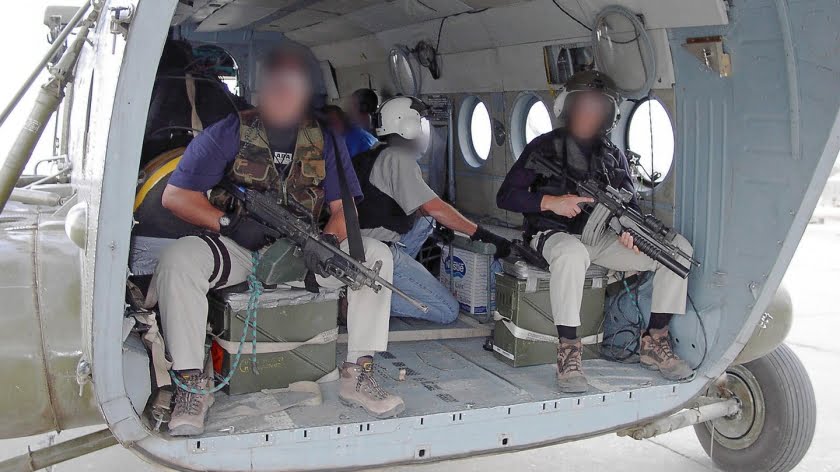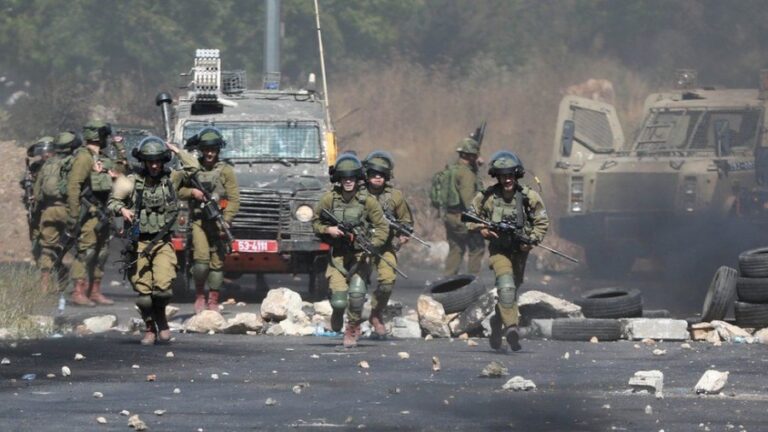The Strategic Implications of the Suicide Attack Against the Russian Embassy in Kabul
Under no circumstances will Moscow be scared away from playing a leading role in Afghanistan’s sustainable socio-economic reconstruction, which it regards as integral to improving its de facto Taliban partners’ anti-terrorist capabilities and thus ensuring the wider region’s lasting stability.
A suicide bomber blew themselves up outside the Russian Embassy in Kabul on Monday, killing at least 25 of those many people who were queuing to receive visas as well as two embassy workers. While it remains unknown at the time of this analysis’ publication exactly who was responsible for this terrorist attack, there’s no doubt that it has strategic implications. The present piece will therefore briefly touch upon them before concluding with a few words about what might come next.
First, ISIS’ Khorasan branch (ISIS-K) is the greatest terrorist threat in post-occupation Afghanistan, which therefore makes it the most likely suspect. In fact, it was this group’s entrance to that theater halfway through the last decade that prompted Russia to pragmatically enter into contact with the Taliban in order to jointly advance their shared anti-terrorist objectives. This noble goal is one of the reasons why Moscow continues engaging with Afghanistan’s de facto leaders despite not formally recognizing them.
Second, ISIS-K considers the Taliban to be their sworn enemies and will do anything to destabilize their unrecognized government. Afghanistan’s de facto leaders have recently signaled that they regard Russia as the key player in their geo-economic balancing act for sustainably rebuilding the country. Since ISIS-K’s objective is to create as much chaos as possible, it might therefore have attacked the Russian Embassy in order to scare Moscow away from investing in Afghanistan’s socio-economic reconstruction.
Third, regardless of the speculative reasons behind what just happened, the very fact that Russia is being targeted by terrorists in a third country confirms that such forces consider it to be one of their worst enemies anywhere in the world. This in turn adds credence to Russia’s status as a global anti-terrorist leader, especially when remembering that Al Qaeda-connected terrorists in Mali who Bamako recently accused of being backed by Paris declared war against Moscow just a little over a month ago.
Fourth, it’ll be telling to observe which countries condemn this latest anti-Russian terrorist attack. Those that remain silent, only mildly raise their voices, or possibly even attempt to blame Moscow for supposedly provoking it will expose their agenda of at the very least tacitly supporting this immoral tactic against that Eurasian Great Power in order to indirectly advance their hegemonic interests. Those states in question should in turn be universally condemned by the entire multipolar community.
And lastly, Russia won’t be deterred from continuing to advance the Afghan dimension of its broader “Ummah Pivot” but will instead double down in order to send the message that it won’t ever submit to terrorism. This will likely take the form of comprehensively expanding intelligence-sharing and other forms of security cooperation with the Taliban, though of course short of once again dispatching troops to Afghanistan, which Moscow has absolutely no interest in doing.
Altogether, Monday’s terrorist attack against the Russian Embassy in Kabul is a major event that’ll result in the further strengthening of bilateral relations instead of weakening them like the culprits expected. Under no circumstances will Moscow be scared away from playing a leading role in Afghanistan’s sustainable socio-economic reconstruction, which it regards as integral to improving its de facto Taliban partners’ anti-terrorist capabilities and thus ensuring the wider region’s lasting stability.







